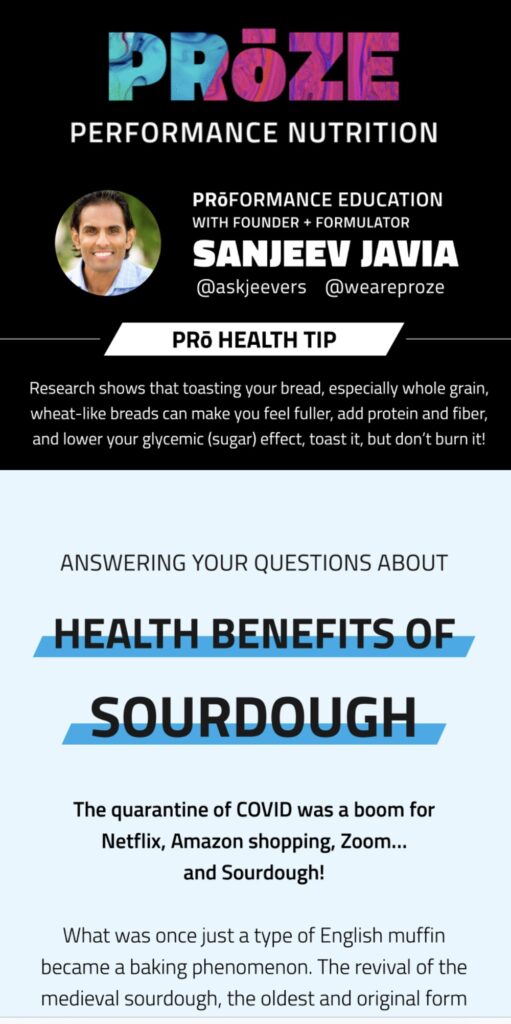The Vegan Burger..without the “Veg”?!?
First off, I’m not a vegetarian or vegan, but I probably eat more vegetables than 99% of them. Seems like more vege-whatevers are more interested in staying away from meat rather than consuming vegetables (which if you don’t know, are two separate things). The last few years, veggie burgers (without real vegetables) have exploded, the two leading ones are The Impossible Burger and Beyond Meat. They claim to look, smell, taste, even bleed just like meat…but let’s grill one up, The Impossible Burger, and take bite!
Q: What is the Impossible Burger?
A: Basically it’s a plant (and I use that word loosely)-based alternative to meat. It’s a combination of non-animal based ingredients combined to taste, smell, cook, feel like meat from animals. The company, Impossible Foods, has a variety of products – ground sausage, nuggets, meatballs, and pork, but we’re going to focus on their Impossible Burger that is to mimic beef.
Q: What is the Impossible Burger made out of?
A: The exact ingredients are here: https://faq.impossiblefoods.com/hc/en-us/articles/360018937494-What-are-the-ingredients-in-Impossible-Burger-#:~:text=Water%2C%20Soy%20Protein%20Concentrate%2C%20Coconut,and%20Minerals%20(Zinc%20Gluconate%2C%20Thiamine. But to summarize, Soy, Coconut & Sunflower Oil, Binders, Preservatives, Vitamins. Remember it’s trying to mimic meat in (2) ways…(1) the flavor/mouth feel experience (2) the nutritional value.
- Soy – For the protein amount/value
- Coconut Oil – To make it sizzle and coat your mouth with flavor
- Binders – To hold it together while cooking
- Vitamins – To give it the nutrients to compare to meat
…it’s that simple!
Q: Is it healthier than meat?
A: If you’re asking does it have as many nutrients – vitamins/minerals and protein, the answer would be (in some ways) YES. You’re not losing out of many nutrients by eating the Impossible Burger (note: Beyond Meat, is not as nutrient dense). Compared to Beef (84% Lean), the Impossible Burger has as much or more of most nutrients. Things to consider is that Beef has 0g (vs. 9g) of carbohydrates (for those carb watchers).
Q: What about the Iron?
A: The Iron has been a hot topic among the real vs. vegan burger crowd. The Iron found in meat is heme-bound, which may be better absorbed than the iron added to meatless burgers. The heme used in the Impossible Burger is soy leghemoglobin (causes the “bleeding” characteristic), which does not have long-term safety data. The current studies have only been done on animals (ironically!) and seems to be safe.
Special note: Getting plenty of Vitamin C can help non-heme bound iron (from plants) more bioavailable for the body, so keep your Vitamin C levels up if you’re a vegetarian!
Q: Any other ingredients to worry about?
A: The protein comes from Soy, and soy is one of the eight most common food allergens, so you must watch for that. Also, if you’re focuses on Non-GMO products, The Impossible Burger contains GMO ingredients (they don’t hide it). GMO crops are resistant to Glyphosate, which have been linked to potentially harmful effects on humans – harm hormonal function, gut flora, and certain cancers.
Q: Who is The Impossible Burger good for?
A: A choice for those looking for burgers free of animal products and byproducts, or those concerned about the environment. It’s Gluten-Free and it has a comparable profile of vitamins and minerals, and pretty much the same amount of protein as traditional meat.
Q: How does it taste?
A: Most reviewers say between the Beyond Burger and The Impossible Burger, The Impossible is better has a richer and meatier flavor. It also seems to cook easier and more versatile in recipes. I’m not a big fan of either. I don’t eat a lot of beef, but when I do, it has a certain experience that can’t be matched by either of these two.
Q: Final Thoughts?
A: I try to stick to whole foods, the ingredients in The Impossible Burger aren’t necessarily bad, but they aren’t healthy either. If I were to choose non-meat, vegetable based burgers, I’d choose ones made from black beans, grains (like quinoa), potatoes, beets, real vegetables. They won’t taste like meat, but they’ll have a few of the same characteristics and actually be vegetable-arian!




